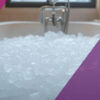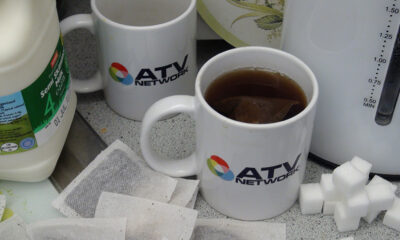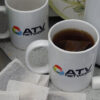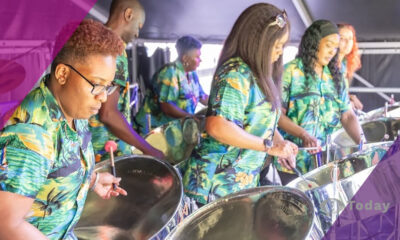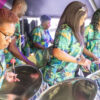Travel experts reveal the common items that could get you stopped at airport security.
Ski Vertigo, a leading travel expert, has compiled a list of ten everyday items that often lead to additional inspection and how to handle them to avoid unnecessary interruptions. By understanding these common items and their associated rules, travellers can better prepare for security screenings and avoid unnecessary delays at the airport.
1. Liquids Over 100 Millilitres (3.4 Ounces)
The TSA restricts passengers from carrying liquids, gels, and aerosols in containers larger than 100 millilitres (3.4 ounces) in their carry-on bags. This rule, known as the 3-1-1 liquids rule, was implemented to prevent the possibility of creating liquid explosives onboard. Passengers must place these containers in a single, quart-sized, clear plastic bag. Exceptions are made for medications, baby formula, and breast milk, but they must be declared and inspected separately.
2. Sharp Objects
Items such as knives, scissors, box cutters, and other sharp objects are prohibited in carry-on luggage because they can be used as weapons. Even small items like nail clippers or safety razors might be scrutinised. If you must travel with these items, it’s best to pack them in checked luggage to avoid delays at security checkpoints.
3. Over-the-Counter Medications
While allowed, over-the-counter medications can sometimes cause delays if they are in liquid form or in large quantities. Security officers might need to inspect these items to ensure they comply with liquid restrictions and to confirm they are not hazardous.
4. Electronics
Large electronic items like laptops, tablets, and cameras need to be removed from carry-on bags and placed in separate bins for X-ray screening. This is because dense electronic devices can obscure the view of other items in the bag, potentially hiding prohibited items. Additionally, spare lithium batteries must be packed in carry-on luggage but are subject to quantity limits due to fire risks.
5. Food Items
Certain food items, especially those that are liquid or gel-like, such as peanut butter, jelly, or yoghurt, are subject to the 3-1-1 liquids rule. Solid foods generally pass through security without issues, but any food that can be spread, squirted, or poured may be confiscated if it exceeds the allowed liquid limits. Food items can also trigger additional screening if they appear suspicious on the X-ray.
6. Powders
Powders, including baby powder, protein powder, and spices, are subject to additional screening if they exceed 350 millilitres (12 ounces). Large quantities of powders can obscure clear images on X-ray machines and may be tested for explosives or drugs. To avoid delays, travellers should pack powders in checked luggage if possible.
7. Personal Care Products
Items like hair spray, deodorant, and shaving cream are subject to the 3-1-1 liquids rule. If these items are in aerosol form, they must comply with size restrictions and be placed in the quart-sized plastic bag. Some personal care items, such as nail polish remover, are also considered hazardous and may be restricted.
8. Souvenirs and Gifts
Unusual souvenirs or wrapped gifts can cause delays. Security officers may need to unwrap gifts to inspect their contents, and souvenirs that resemble weapons (e.g., toy guns or sharp items) may be confiscated or cause additional screening.
9. Tools
Tools such as hammers, wrenches, pliers, and screwdrivers are prohibited in carry-on bags because they can be used as weapons. The TSA has specific size and type restrictions for tools, and those that exceed the limits must be packed in checked luggage. If travelling with tools is necessary, it’s important to review the TSA guidelines to ensure compliance.
10. Baby Products
Items like baby formula, breast milk, and baby food are allowed in reasonable quantities but must be declared at security checkpoints for separate screening. These items are exempt from the 3-1-1 liquids rule, but security officers may test them for safety. Bringing a baby stroller or car seat can also require additional screening and should be planned for accordingly.

